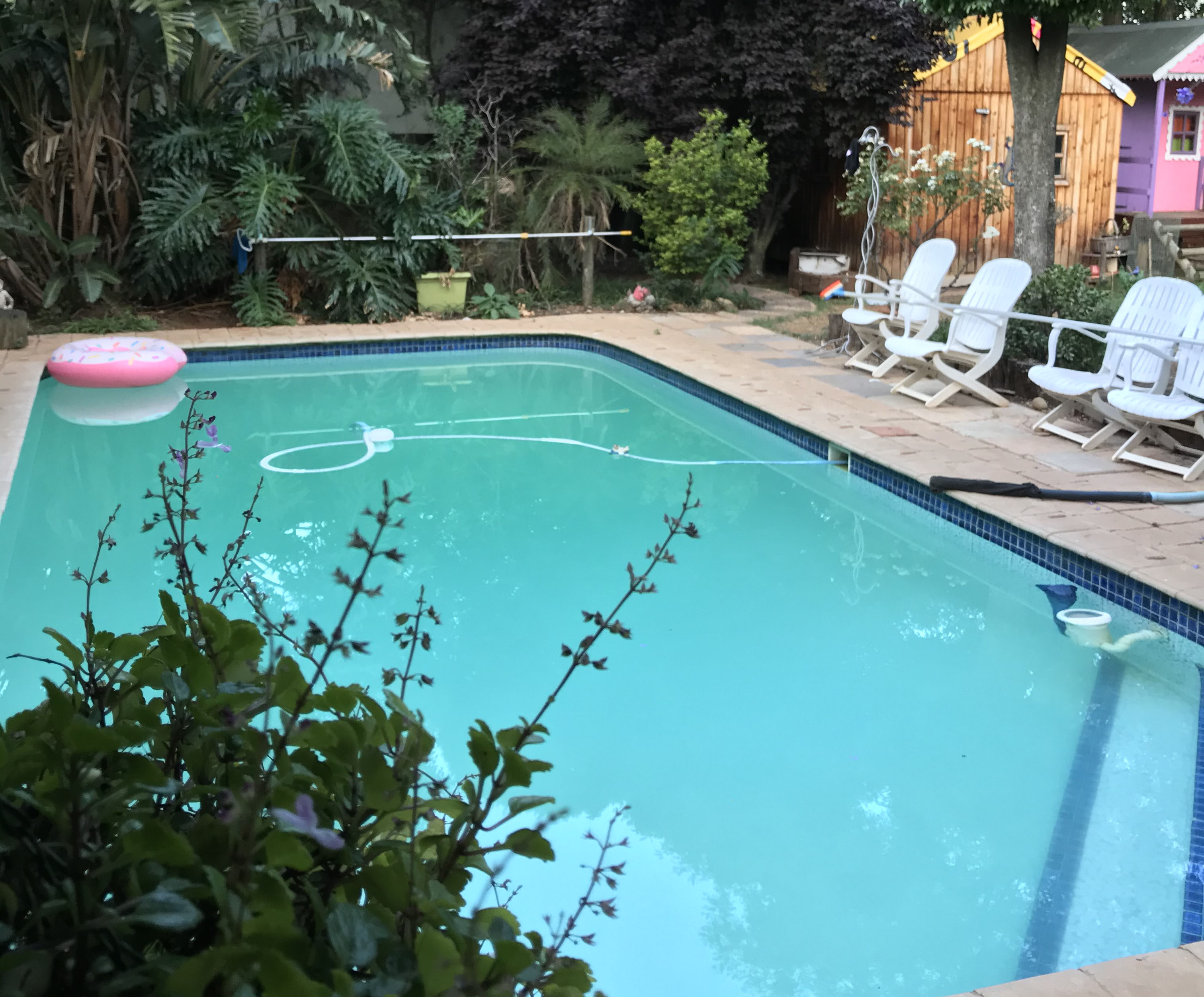New research has tracked the correlation between wealth and access to water globally. However, by focusing on Cape Town’s Day Zero crisis, researchers from Uppsala University also show that it is not a lack of infrastructure that keeps the majority of people from accessing appropriate amounts of water.
Rather, it is the elite’s ease and abundance of access to water that depletes water sources for the rest of the population. The findings were published on Monday 10 April in Nature Sustainability.
Head researcher Dr Elisa Savelli chose to focus on socioeconomic disparities as the comparison point for this paper after seeing how the Day Zero drought drastically affected poorer populations, while the wealthier strata were largely unaffected.
“The link between water and inequality is not novel,” Savelli said. “What is novel is the model that we built: we don’t account for the water consumption of the entire city. We split this consumption across [socioeconomic] groups, and we see how each such group is able to impact the water balance of a city.”
Converting a pool into a natural swimming pool is just one way of lessening a household’s water consumption.
The researchers found that the elite and upper-middle classes, which make up fewer than 15% of households, account for 51.4% of all water consumption (public and private).
 People enjoy a warm afternoon at Athlone public swimming pool in Cape Town on 12 January 2023. (Photo: Tamsin Metelerkamp)
People enjoy a warm afternoon at Athlone public swimming pool in Cape Town on 12 January 2023. (Photo: Tamsin Metelerkamp)
These inequalities manifest in types of amenities that people have available to them. Within the same city there are people who have pools and lavish gardens, as well as those without access to a proper tap within their household. These amenities contribute to water consumption numbers, since those without gardens or pools have less need for excessive water use.
“Sometimes a swimming pool can reach half or even more than half of the total [water] consumption of a household,” said Savelli. “And the problem is, yes, lack of access, but also too much access. The elite and very wealthy have the financial resources to build… for their household without caring if it might affect the groundwater which could be necessary to serve the population.”
How to help
However, there are ways of turning certain amenities into more environmentally conscious versions of themselves. Converting a pool into a natural swimming pool (NSP) is just one way of lessening a household’s water consumption.
Instead of using the typical chemicals found in a swimming pool, NSPs use natural plants and biomes to create a self-cleaning environment within the water. This reduces pipe erosion, backwash waste, and groundwater pollution, while also replacing harmful construction methods with natural alternatives like wood and superadobe.
“Our water is so good you can actually drink it,” said bioengineer and CEO of Eco Pools Dr Jerome Davis. “And what we do contributes to the whole picture – you can take grey water from the house and channel it through; from the dishwasher, washing machine, showers, put it through the system and then into the toilets.”
Read more in Daily Maverick: Enormous amounts of water are wasted daily — now municipalities are being told to ‘stop the leaks’
Davis’s company focuses on turning a household into an ecosystem, including every facet of water use in recycling. This can not only significantly reduce water costs, but also keeps harmful pool chemicals from leaking into the groundwater and potentially polluting future water resources.
“In order to change the practices of the rich,” said Savelli, “they have to participate in rebuilding a damaged society. Within their neighbourhoods, they could build associations that try to find alternative ways of consuming less water and get together to try to make a difference and build a better city for the future.”
Read more in Daily Maverick: ‘A tsunami of human waste’ – Half of SA’s sewage treatment works are failing, says report
NSPs and household water recycling are just one way of doing this. Savelli also recommended building gardens with local plants, and those which consume less water such as cacti and succulents. Clover is a much more water-friendly alternative to traditional grass lawns, and grows quickly.
All of these small shifts in the way people build their households and gardens could significantly contribute to better water consumption numbers, hopefully keeping the country from another near-Day Zero situation. OBP/DM
For tickets to Daily Maverick’s The Gathering Earth Edition, click here.
https://www.youtube.com/watch?v=REeWvTRUpMk




 People enjoy a warm afternoon at Athlone public swimming pool in Cape Town on 12 January 2023. (Photo: Tamsin Metelerkamp)
People enjoy a warm afternoon at Athlone public swimming pool in Cape Town on 12 January 2023. (Photo: Tamsin Metelerkamp)